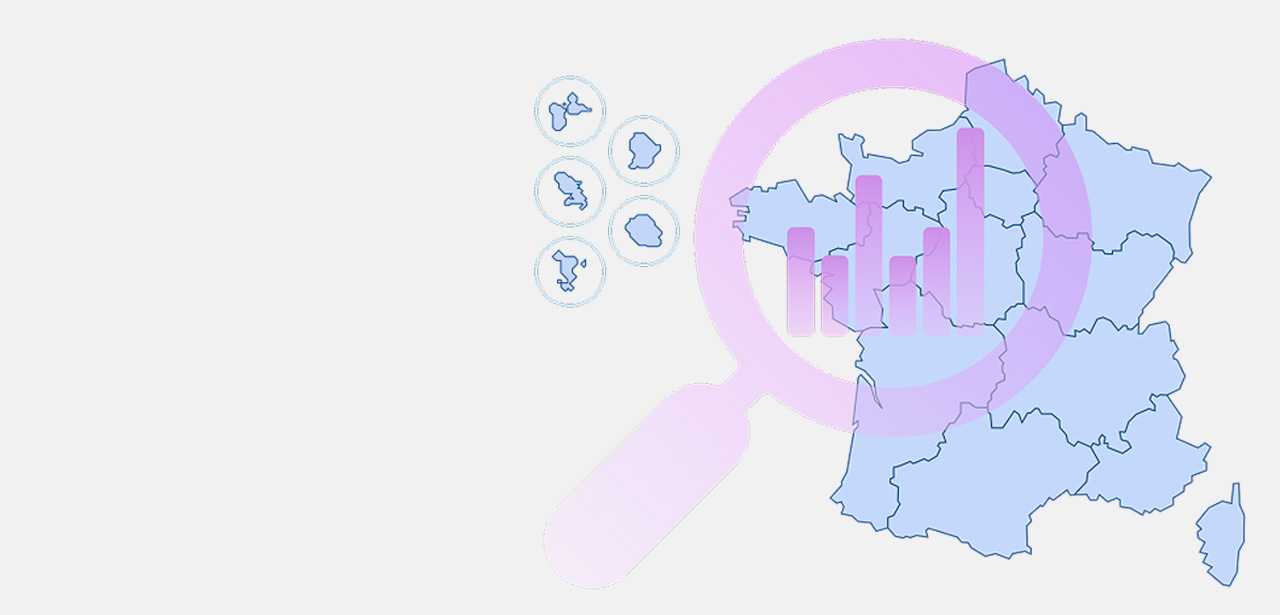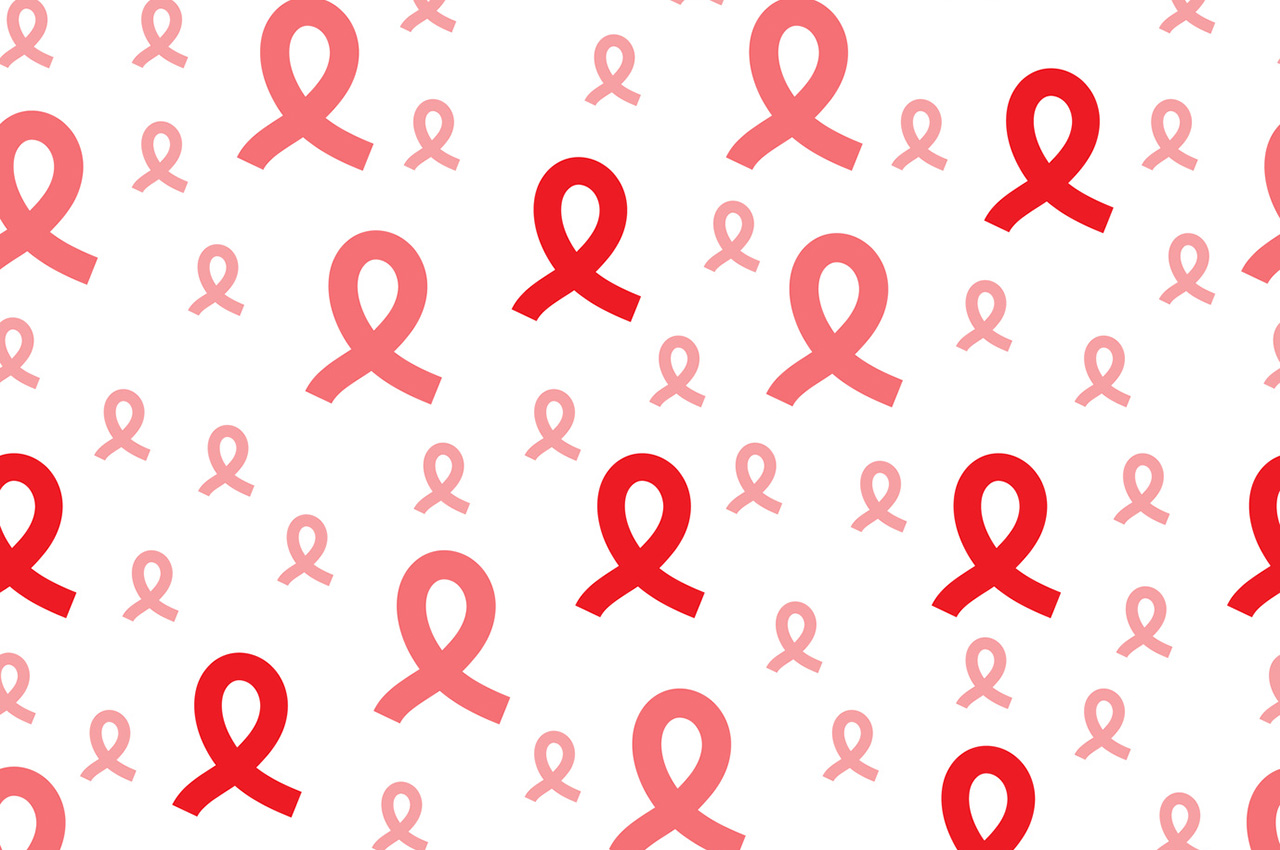OBJECTIVES: To assess the effectiveness and cost-effectiveness of routine childhood vaccination by new vaccines against rotavirus in France. METHODS: We constructed a Markov decision tree to compare two alternatives: "no vaccination" and "vaccination". A hypothetical birth cohort of 750,000 children was followed until 3 years of age. First, the disease burden without vaccine was estimated using data from French databases and medical literature. Incidence rates in unvaccinated children were modelled as a function of age and seasons. Next, using data from the medical literature, the vaccine's protective effect on rotavirus diarrhoea was considered. RESULTS: A routine universal rotavirus immunization programme was estimated capable of annually avoiding 89,000 cases of diarrhoea, 10,500 hospitalizations, and 8 deaths. At a vaccination cost of euro150/course, assuming 75% vaccine coverage, the programme would cost euro95 million and involve a net loss of euro68 million to the health care system. The vaccination programme would cost euro298,000/year of life saved, and euro138,000/QALY saved. Key variables affecting the results were disease incidence, mortality rates and vaccine price. CONCLUSION: In France, childhood rotavirus vaccination with new antirotavirus vaccines would reduce the morbidity burden of rotavirus infection, but would not be cost-effective unless the price of vaccine decreased considerably.
Auteur : Melliez H, Levy Bruhl D, Boelle PY, Dervaux B, Baron S, Yazdanpanah Y
Vaccine, 2008, vol. 26, n°. 5, p. 706-15


